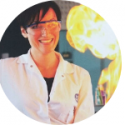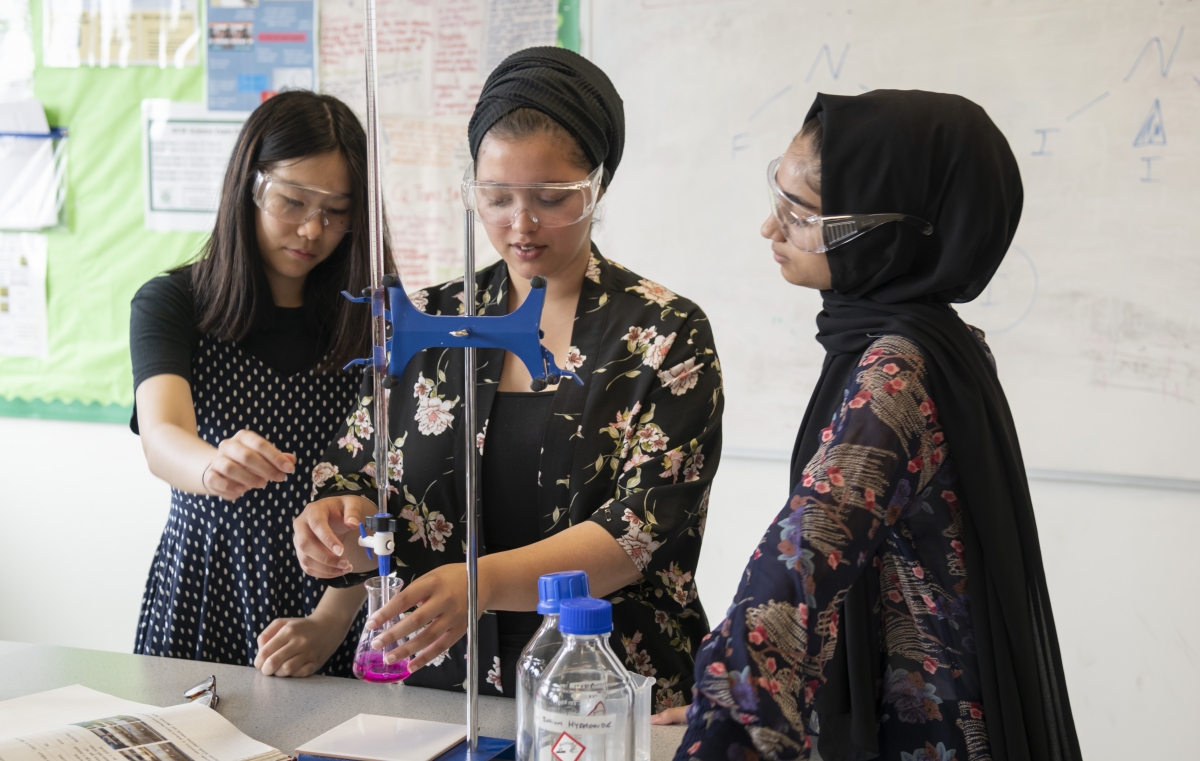 Meet the Curriculum Creator is a four-part series of chats with some of the educators working on Ark Curriculum Partnerships (ACP). Throughout the month, we will introduce you to our heads of English, music, science and maths.
Meet the Curriculum Creator is a four-part series of chats with some of the educators working on Ark Curriculum Partnerships (ACP). Throughout the month, we will introduce you to our heads of English, music, science and maths.
ACP delivers curriculum programmes that include subject-specific professional development for teachers to be used in Ark’s network of schools and beyond. These curriculum programmes are built on evidence-based research and are designed by teachers and education experts. The goal is to ensure students build on their knowledge from subject to subject and cumulatively from year to year.
This week, we talk to Lucy Wood, who has worked as a science teacher and school leader for 17 years.
Lucy, what is your position?
I lead the Science Mastery project and, together with my team, we designed a teacher training programme and lesson resources which can improve how students learn science.
What is Science Mastery?
Science Mastery provides lesson resources and assessments that support teachers. The pupil assessments are used by teachers and teacher trainers to plan lessons. We use evidence-based research in science education so teachers are confident that our lessons will work, and their students can build knowledge over time.
Why is science education important?
Science explains how the world works. Learning science gives people the ability to understand information at a deeper level and make informed decisions in their life.
What do you think the most significant scientific breakthrough of the last ten years?
I would say it is the development of a stem cell treatment for diabetes. It’s quite personal as the daughter of a close friend of mine has type one diabetes and I’ve seen the impact of the disease and its treatment on Ellie and her family.
I’m really pleased to see a potential future solution that would make her life so much easier. I would like to think that I am contributing to equally brilliant breakthroughs in the future by developing the next generation of amazing scientists!
What advice would you give to students who feel they have no aptitude for science?
Everyone understands a form of science and can use what they already know to make sense of the subject. Everyone knows when you let go of a ball - it will fall, and some objects float while others sink. Science is all about making observations and then explaining what you see.
My advice for a student who finds science hard is to focus on saying what you see, and to learn and use technical words. You can build your science vocabulary by thinking about where words come from. For example, the word ‘monomer’ in terms of science refers to plastics and digestion and explains a lot about the processes in just one word. We might not have come across the word 'monomer', but I can guarantee you could work out what ‘mono’ means if you think about how it is used in the words like ‘monobrow’ or 'monorail’.
Read the first and second instalment of Meet the Curriculum Creator here. To find out more about Ark and its ventures, visit the website.

